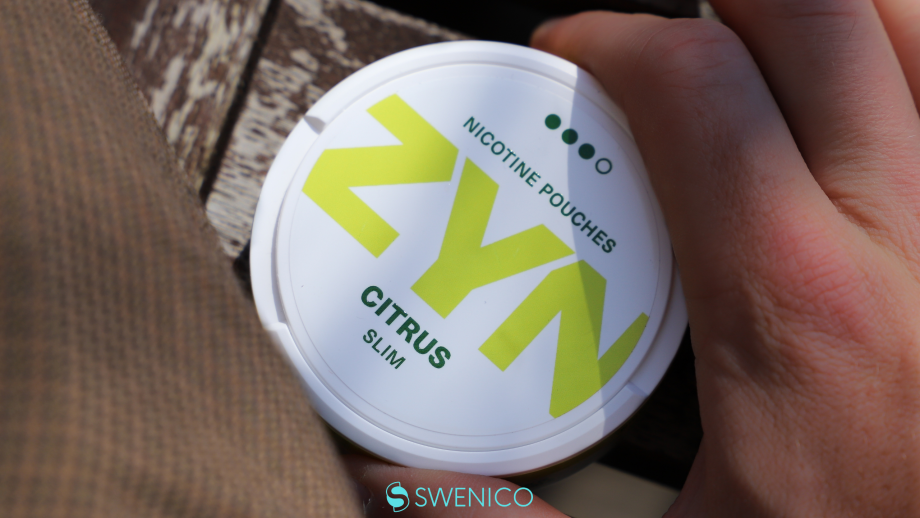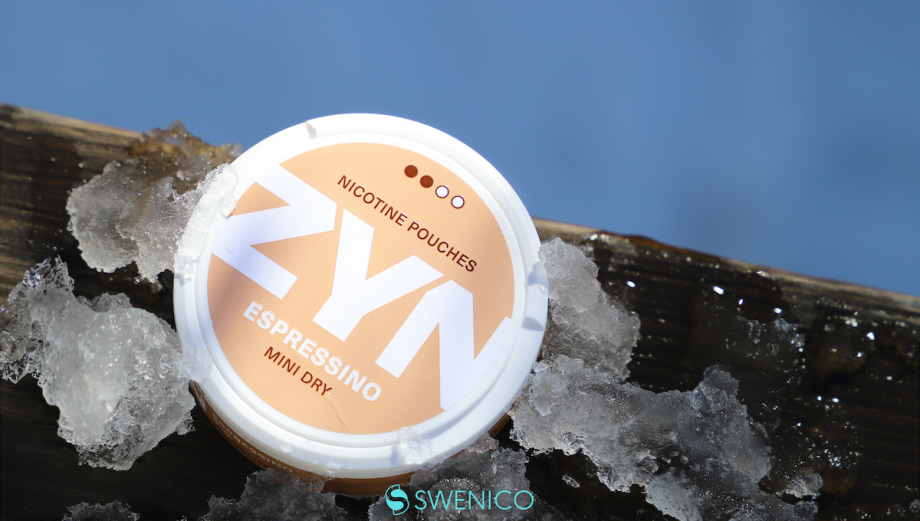Fasting is something that has traditionally been a religious or spiritual practice but is now gaining increased attention for its purported health benefits.
Fasting offers many benefits, from weight management to metabolic improvements and potential longevity advantages. For a lot of people, the act of abstaining from food for specified periods has become a mainstream lifestyle choice.
During fasting, you already know that you should refrain from eating but how about using nicotine pouches? Can you use nicotine pouches when fasting or does it break your fast? This is the question that we are going to look closer at in this article.
Understanding Fasting
To understand if the use of nicotine pouches break the fast, it’s important to first understand what fasting is and how it works.
Fasting can be done for many reasons, including spiritual, religious, or simply for health benefits. The practice of abstaining from food for defined periods is not a one-size-fits-all approach; rather, it encompasses diverse methodologies, each with its unique set of rules and purported benefits.
There are different types of fasting that are important to distinguish:
1. Intermittent Fasting (IF): This method involves cycling between periods of eating and fasting with popular variants such as the 16/8 method (16 hours of fasting and an 8-hour eating window) or the 5:2 method (five days of regular eating and two days of significantly reduced caloric intake).
2. Water Fasting: This is a more extended form of fasting where individuals abstain from all forms of caloric intak that relies solely on water for sustenance. Water fasting periods can range from 24 hours to several days.
Purpose of fasting – metabolic and health benefits
1. Metabolic Improvements: Fasting has been associated with enhanced insulin sensitivity, improved blood sugar regulation, and increased fat oxidation. These metabolic changes contribute to weight management and may have implications for conditions like type 2 diabetes.
2. Cellular Repair and Longevity: Fasting triggers cellular repair processes including autophagy where cells remove damaged components. Some studies suggest that these mechanisms may contribute to increased longevity and a reduced risk of age-related diseases.
3. Cognitive Benefits: Fasting has been linked to improvements in brain function, including increased production of brain-derived neurotrophic factor (BDNF), a protein associated with cognitive health.
Nicotine Pouches: An Overview
Nicotine pouches are simply a modern nicotine alternative that is free from tobacco and combustion. Nicotine pouches come in the form of small pouches that are placed under the upper lip where they release nicotine into the bloodstream via the oral mucosa. Nicotine pouches primarily consist of plant fiber, flavoring, sweetener, and, of course, nicotine. Nicotine pouches have risen in popularity in recent years as an increased health awareness makes people look for less harmful alternatives than smoking. Moreover, nicotine pouches are extremely convenient and can be used anytime and anywhere.
Nicotine pouches have also become quite popular as a harm reduction strategy for individuals seeking to quit smoking – even though they are not officially classified as a smoking cessation aid.

Nicotine and Fasting: The Debate
Now to the main focus of this article: nicotine and fasting.
Nicotine is the primary active ingredient in nicotine pouches and has physiological effects that may influence metabolic processes and potentially impact the goals of fasting.
At the end of the day, the purpose of fasting is to not consume any calories or nutrients. The answer to this question is that nicotine pouches, in general, contain less than one calorie per pouch. One could actually call the low level of calories in nicotine pouches as ”traces of calories” which means that it’s debatable whether you could say that they actually contain calories. ZYN explains that one ZYN pouch contains ”less than 1% of the daily recommended carbohydrate allowance”. This, as mentioned, translates to less than one calorie.
That said, with such a minuscule level, nicotine pouches generally do not break the fast. However, it depends on the type of fast and what the definition of your fasting is.
At the end of the day, nicotine pouches are not intended for consumption but rather for nicotine to enter the bloodstream. The reason it does not affect the fast is because your digestive system doesn’t process nicotine. The nicotine pouch is simply placed under the lip and the nicotine is absorbed into the bloodstream. Once absorbed into the bloodstream, nicotine can travel to the brain and affect the central nervous system. The digestive system does not play a significant role in processing nicotine. When nicotine is ingested through nicotine pouches, it bypasses the digestive system and is quickly absorbed into the bloodstream through the respiratory or mucous membrane route. Consequently, it doesn’t undergo the same metabolic processes as substances that are ingested and processed through the digestive tract.
Nicotine’s impact on metabolism
1. Stimulant Properties: Nicotine is a central nervous system stimulant that can increase heart rate, blood pressure, and metabolic rate. These effects raise questions about how nicotine may influence the metabolic benefits associated with fasting.
2. Caloric Expenditure: Some studies suggest that nicotine may enhance caloric expenditure, potentially influencing the energy balance during fasting. However, the extent of this impact and its relevance to different fasting methods remain areas of exploration. Moreover, it’s important to highlight that this doesn’t add any calories, just burns them, which could actually positive in the case of fasting.
Potential effects on insulin sensitivity
Fasting is known to improve insulin sensitivity and regulate blood glucose levels. This begs the question as to whether nicotine, through its physiological effects, could influence these metabolic processes and potentially counteract the positive effects of fasting on insulin sensitivity.
In addition, nicotine may influence hormonal responses, including the release of cortisol and insulin. This obviously doesn’t affect fasting, but it’s something to be aware of.
Breaking Down Fasting Guidelines
It’s worth noting that the definition of “breaking a fast” can vary based on the goals of fasting, the specific method employed, and the physiological responses to different stimuli. Here, we break down key fasting guidelines to shed light on the potential impact of nicotine pouches on fasting states.
Definitions of breaking a fast
1. Caloric Intake: Traditional fasting often involves abstaining from caloric intake during specific periods. Consuming calories triggers metabolic responses that may interfere with the fasting state. Therefore, a substance that introduces caloric content, such as food or beverages with calories, is generally considered to break a fast.
2. Metabolic Shifts: Fasting is designed to induce metabolic shifts like increased fat utilization for energy. Anything that disrupts these metabolic adaptations, including substances that influence insulin levels or alter energy metabolism, may be considered as breaking the fast.






